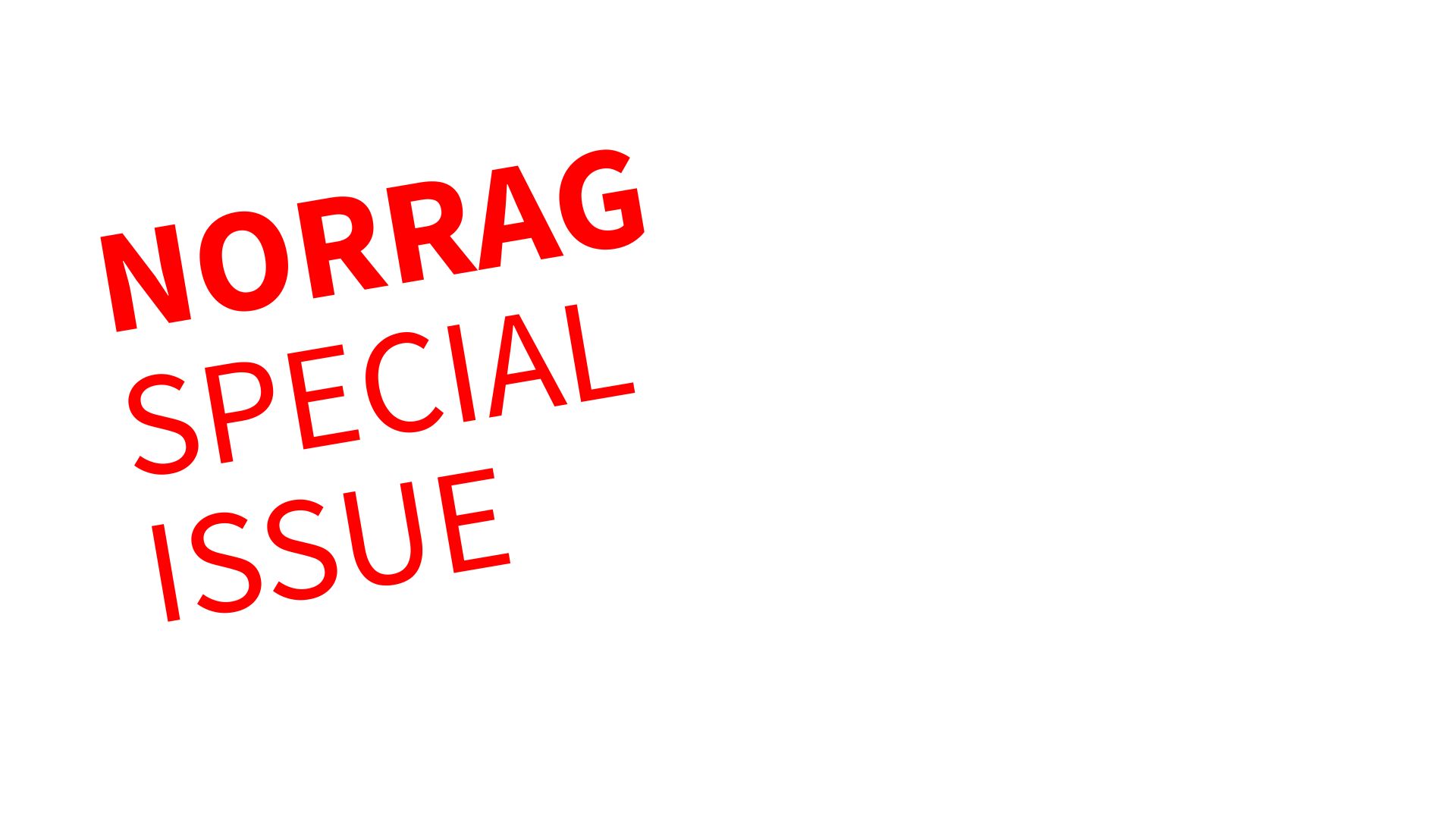
Education in Times of Climate Change
Guest editors: Distinguished Professor Heila Lotz-Sisitka and Professor Eureta Rosenberg, Environmental Learning Research Centre Rhodes University, South Africa
The seventh edition of NORRAG Special Issue (NSI), released in October 2022, is entitled “Education in Times of Climate Change.” Climate change is not a new issue for education, but new levels of consensus and concern are emerging, suggesting that new policy developments may follow.
This NORRAG Special Issue (NSI 07) addresses the question of how education is to equip learners to participate in climate action that would fundamentally disrupt existing problematic systems. NSI 07 showcases what is currently being done to close the gap between the potential of education to contribute to more a sustainable and just world and the experiences of those in education.
This NSI has the potential to inform pedagogical praxis, co-learning, curriculum, climate action, policy formulation, frameworks for evaluating success, resourcing decisions and what we might consider educative acts for engaging with climate change and its multi dimensional uncertainties, risks and opportunities.
NSI 07 is guest-edited by Distinguished Professor Heila Lotz-Sisitka and Professor Eureta Rosenberg, Environmental Learning Research Centre Rhodes University, South Africa. The 28 articles in the issue are divided into eight parts:
- Part 1 draws lessons across disciplines, issues and contexts.
- Part 2 addresses ways in which we can expand learning and agency across boundaries from three different continents.
- Part 3 goes beyond formal schooling to offer lessons in building transformative learning, activism and relations.
- Part 4 leads the reader past western, rational, techno-scientific ways of knowing to engage diverse knowledges in climate change responses.
- Parts 5 and 6 challenge the reader to listen to and engage with young people and children’s views and voices in climate action.
- Part 7 focuses on higher education responses.
- Part 8 concludes the NSI by considering other places and spaces relevant to education for sustainable and just futures.
